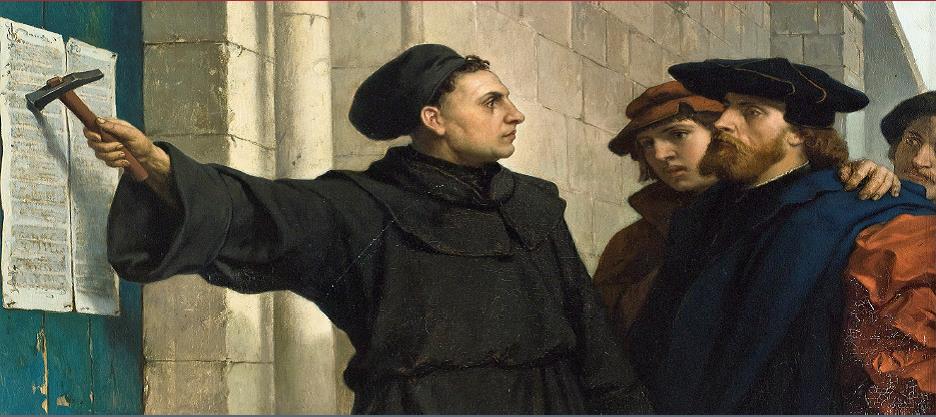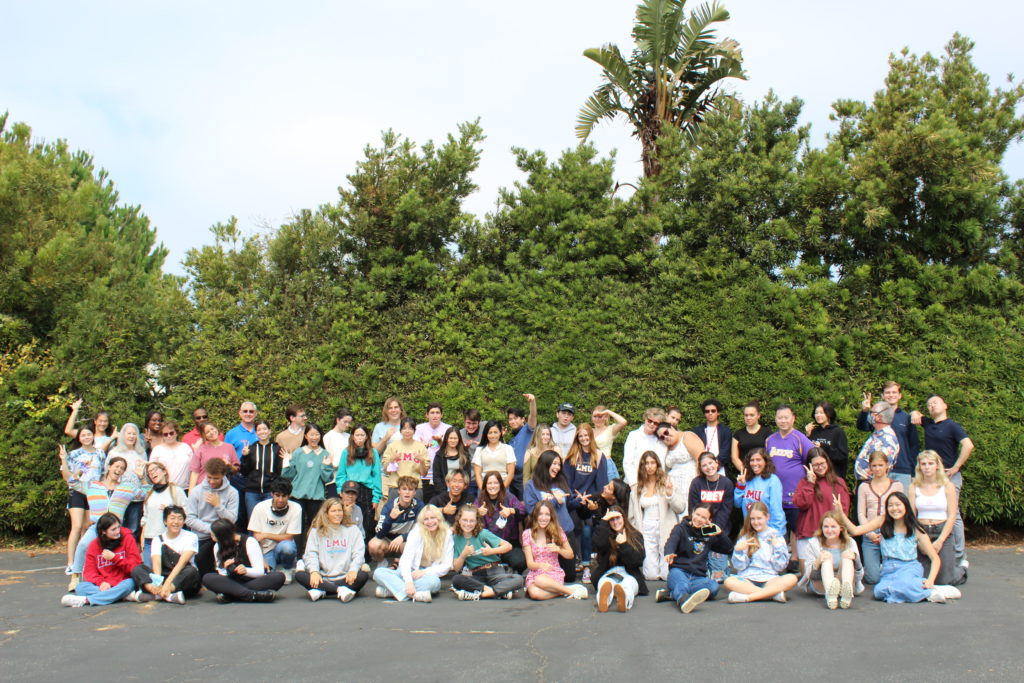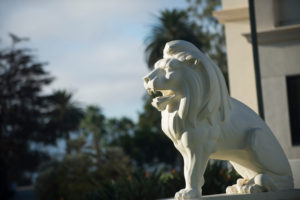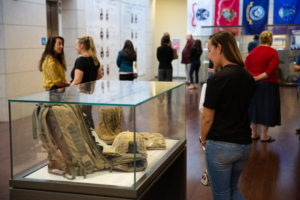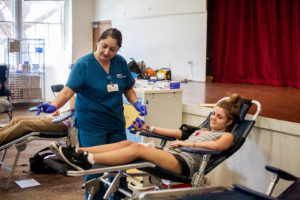MISSION AND MINISTRY | Five hundred years ago, on Oct. 31, 1517, in the Saxon (German) town of Wittenberg, the young Augustinian monk Martin Luther reportedly nailed his “95 Theses (Disputation on the Power of Indulgences)” to the doors of the Castle Church. Whether Luther actually nailed them to the doors is a matter of considerable dispute, but he certainly sent them to the Archbishop of Mainz. While there were other critics of the Catholic Church in late medieval Europe, it was Luther — his critique, his refusal to recant, and his further development of his own theology — who sparked a schism in the Church.
Printed and read from pulpits throughout the German-speaking lands of Central Europe, Luther’s teachings contributed to a culture of religious change, including the development of multiple Protestant churches and reform in the Catholic Church, as well as the establishment of new religious orders, such as the Society of Jesus. But the Reformation also had far broader significance, challenging more than just the Church’s religious authority but also its political and intellectual authority, strengthening the power of secular rulers, shaping European understandings of the world, influencing changing gender norms, and sparking conflict within and between European states.
In commemoration of the 500th anniversary of what might be considered the first act of the Reformation, the LMU Department of History is hosting a discussion of the social, cultural, and global effects of the Reformation. Titled “Sacrifice & Sexuality, Anarchy & Authority: The Reformation & the World, 1517 – 2017,” the event brings to campus the historians Carina Johnson and Ulrike Strasser. Professor Johnson, of Pitzer College, is the author of “Cultural Hierarchy in Sixteenth-Century Europe: The Ottomans and Mexicans” and the co-editor of “Archeologies of Confession: Writing the German Reformation, 1517-2017.” Professor Strasser, of UC San Diego, is the author of “State of Virginity: Gender, Politics, and Religion in a Catholic State,” and is currently finishing a book titled “Consuming Missions: German Jesuits and the European Imagination of Pacific Spaces.” The event will take place on Thursday, Nov. 9, at 2 p.m. in the HIST/WGST village, University Hall 3500.
